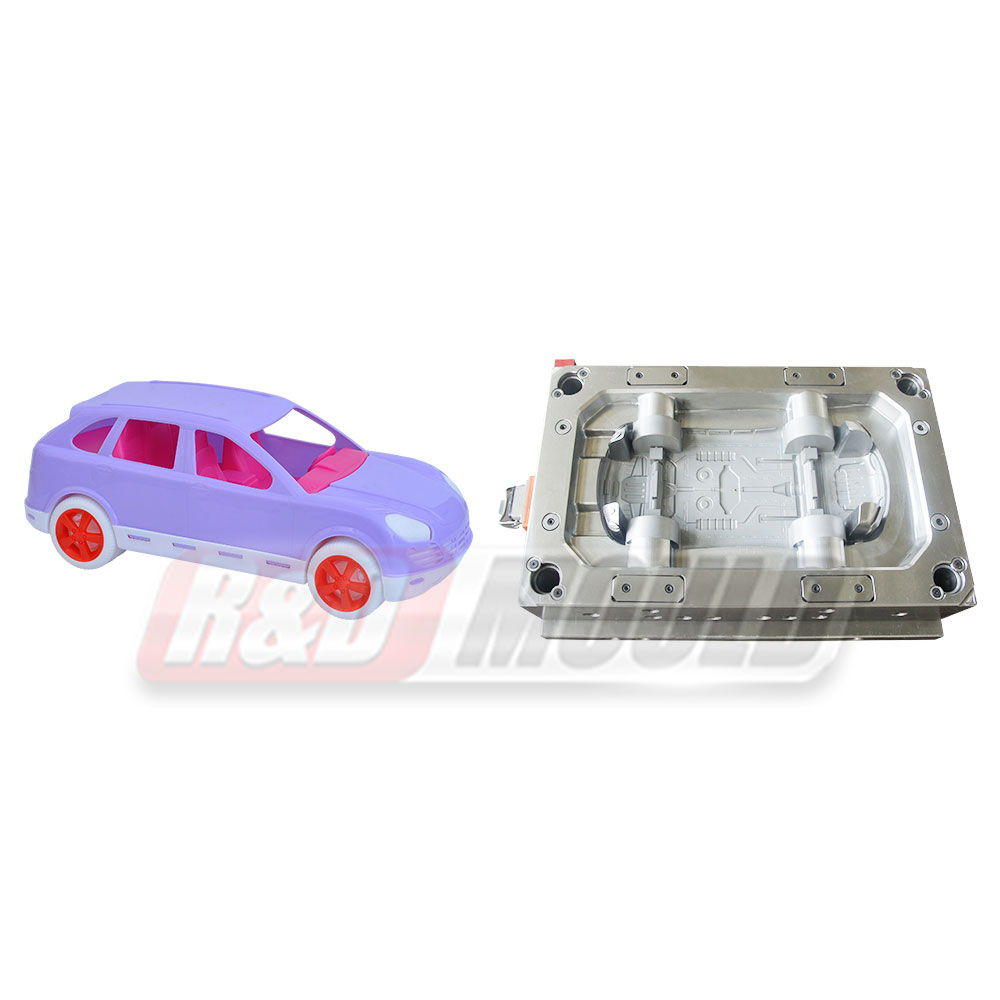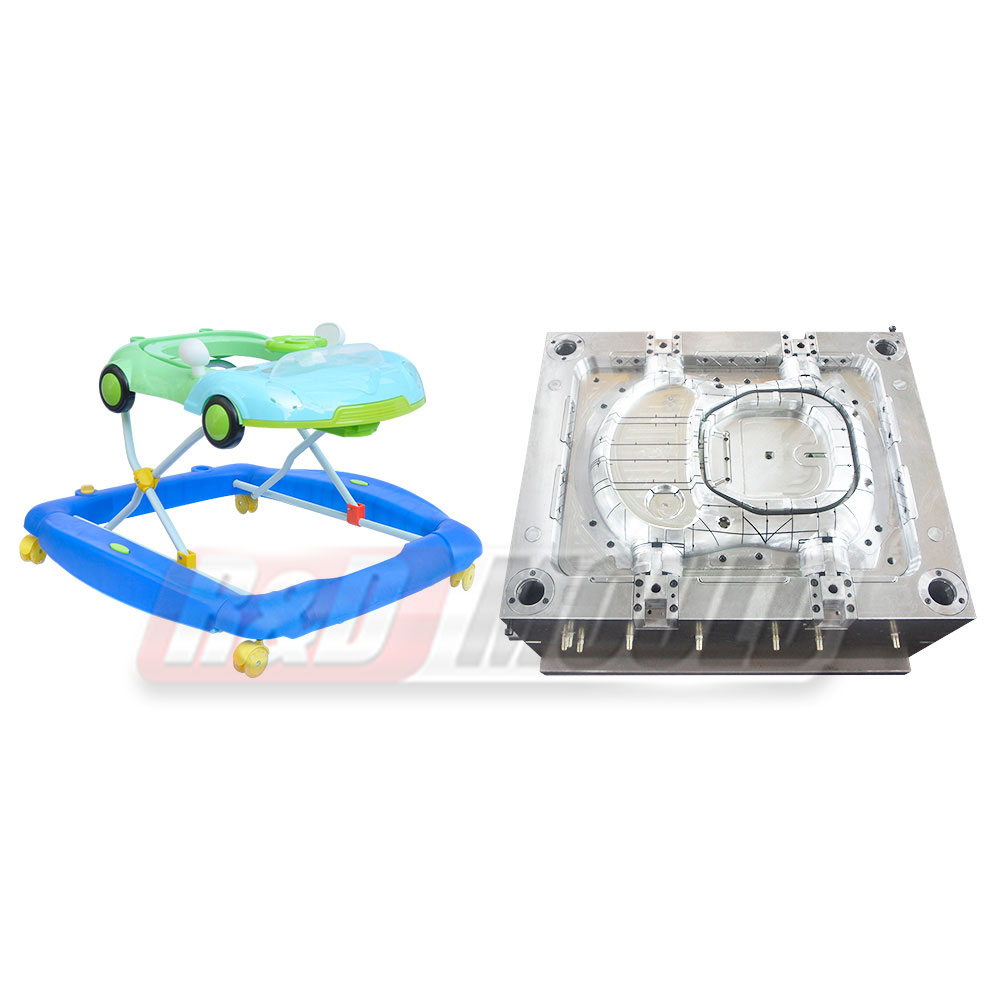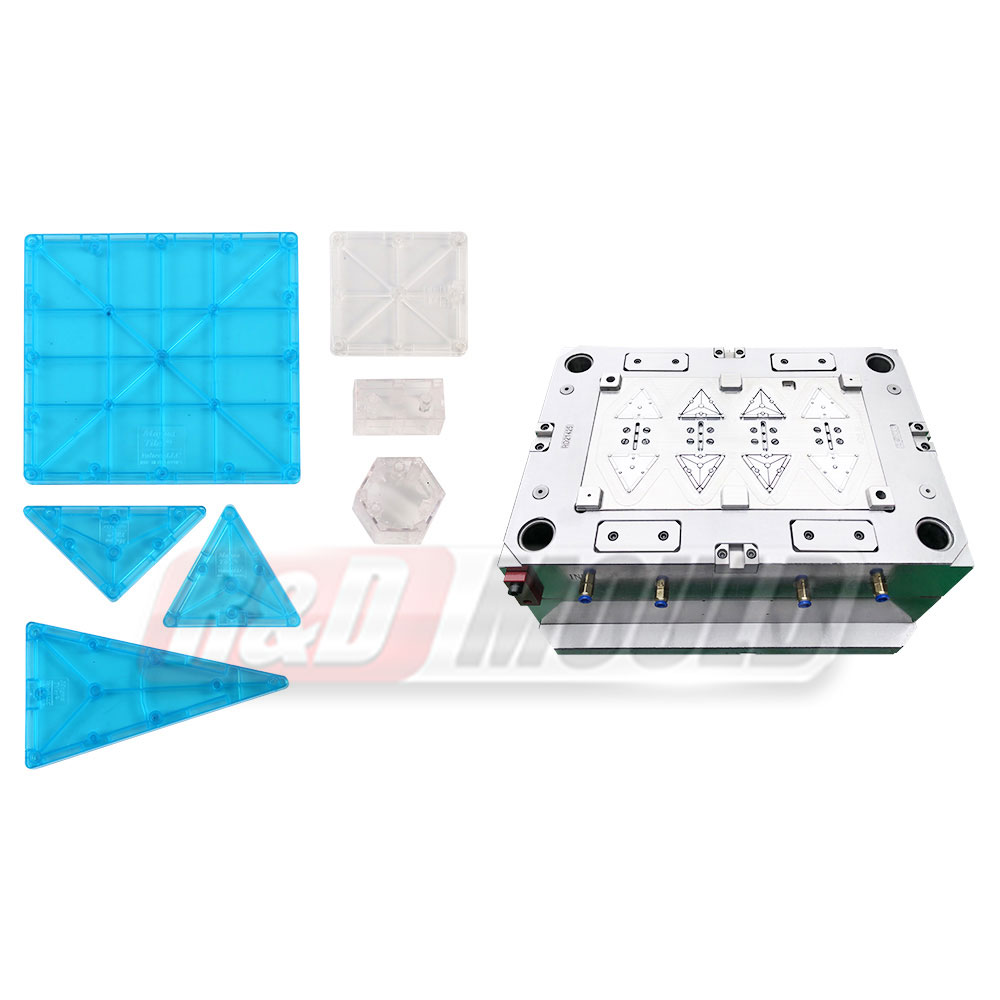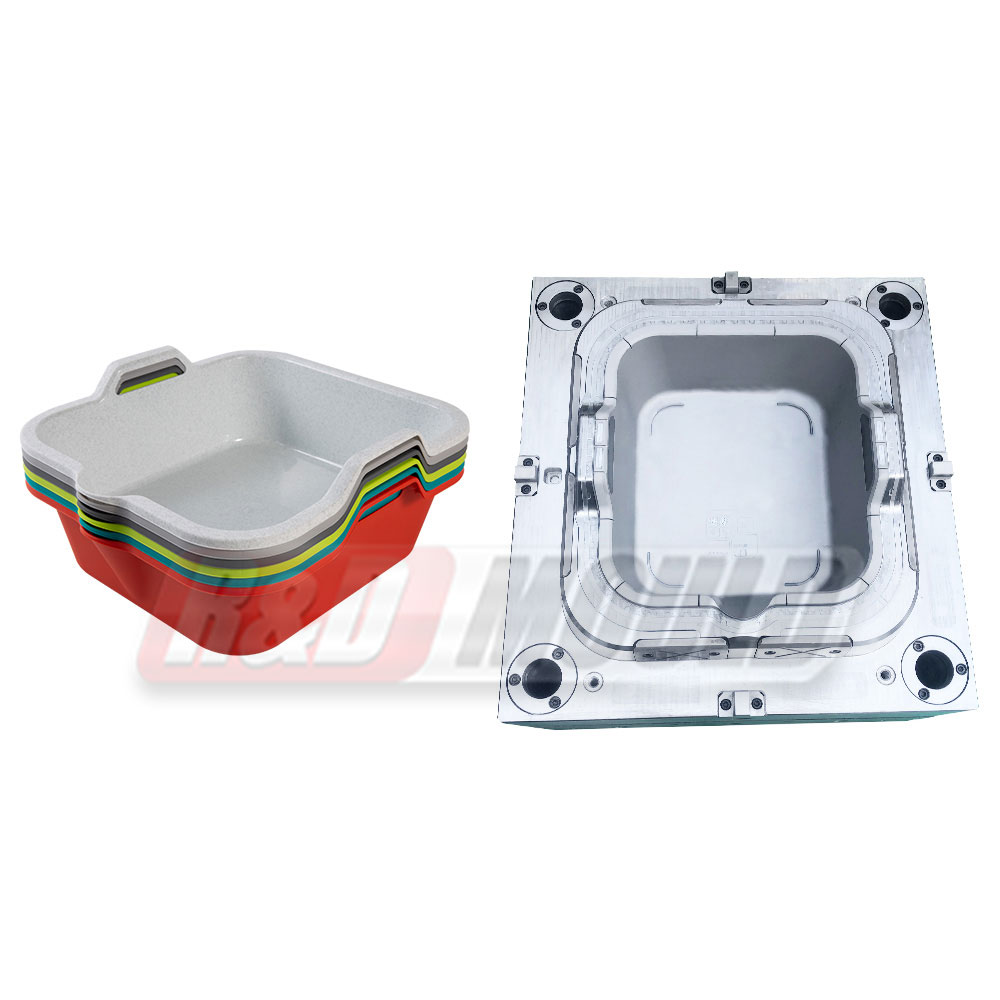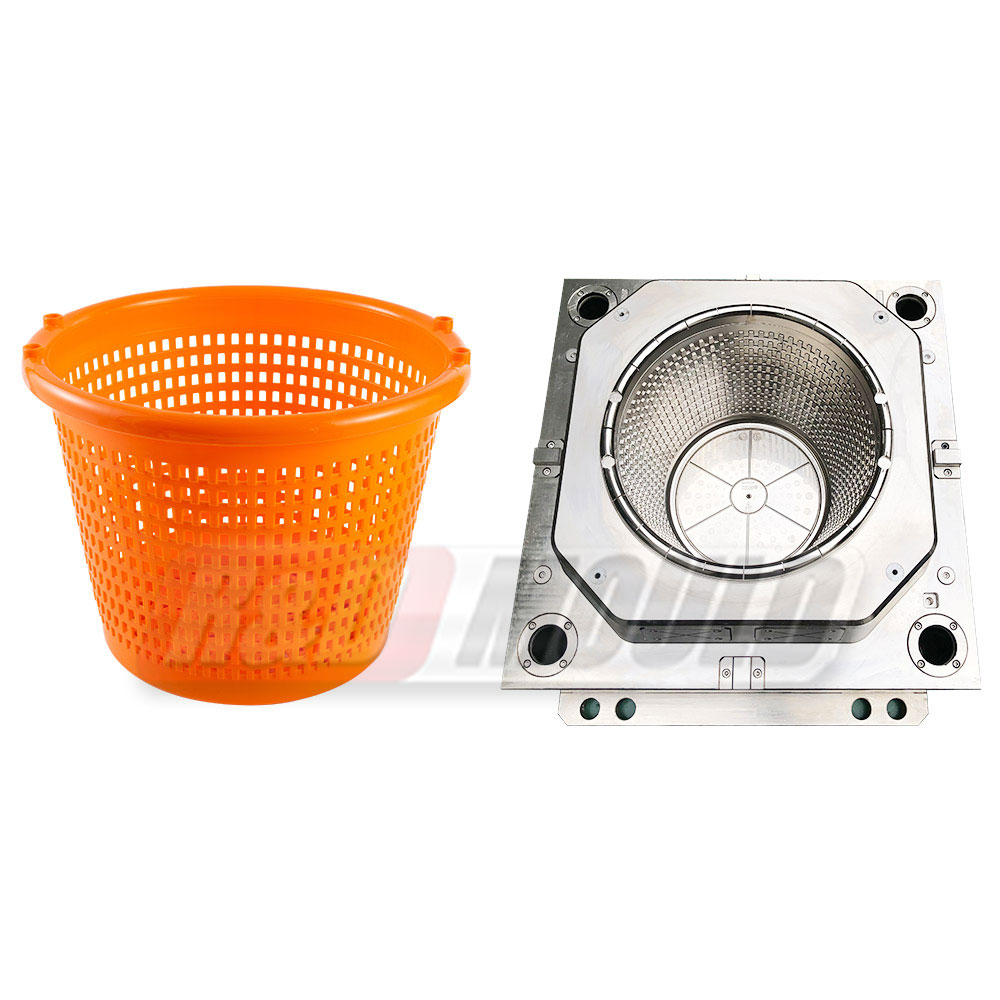The ubiquitous plastic crate, a cornerstone of modern logistics and storage, owes its existence and versatility to a critical manufacturing component: the Crate Mould. These precision-engineered tools are fundamental to producing the durable, stackable containers seen across countless industries. Understanding the diverse applications of Crate Mould technology reveals its indispensable role in global supply chains and everyday operations.
At its core, a Crate Mould is a specialized type of injection mould designed to shape molten plastic, typically high-density polyethylene (HDPE) or polypropylene (PP), into the rigid, interlocking structures we recognize as crates. The design of the Crate Mould dictates every aspect of the final product: dimensions, wall thickness, stacking features, ventilation holes, handle ergonomics, and reinforcing ribs. The precision of the Crate Mould is paramount for ensuring dimensional accuracy, consistent wall thickness for strength, and perfect interlock between stacked units. Investing in a high-quality, durable Crate Mould is crucial for manufacturers aiming for efficiency and product longevity.
Logistics and Warehousing: This sector represents the most significant application for products made using a Crate Mould. Standardized plastic crates are the workhorses of distribution centres worldwide. A robust Crate Mould produces crates capable of withstanding repeated handling, stacking heights often exceeding 10 units, and the rigors of automated conveyor systems and forklift transport. The consistent dimensions guaranteed by a precise Crate Mould ensure smooth integration with pallet racking and automated storage/retrieval systems (AS/RS). Utilizing the right Crate Mould directly translates to optimized warehouse space and efficient material flow.
Agriculture and Fresh Produce: The gentle handling and ventilation required for fruits, vegetables, and other perishables make crate mould technology essential. Specific Crate Mould designs incorporate extensive ventilation patterns to allow optimal air circulation, crucial for preserving freshness during transport from farm to packhouse to supermarket. These Crate Mould configurations often produce nestable crates for efficient empty return logistics. The durability provided by a well-made Crate Mould ensures crates survive constant washing and sanitization processes inherent in food handling. Choosing a food-grade Crate Mould material and design is non-negotiable here.
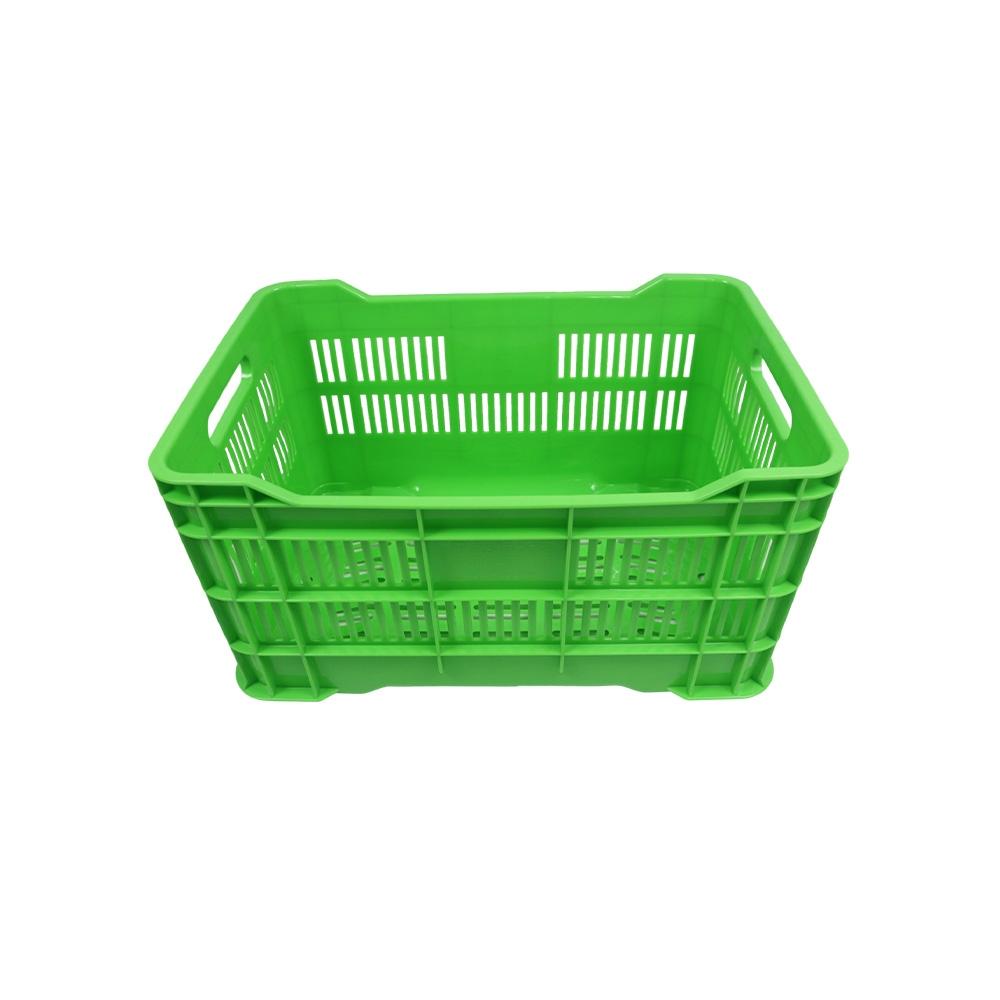
Automotive and Manufacturing: Within factories, components, sub-assemblies, and finished parts often move along production lines in custom crates. A bespoke Crate Mould can be designed to hold specific items securely, preventing damage during internal transit or shipment to suppliers/customers. The strength derived from the Crate Mould's design protects valuable automotive parts. Furthermore, the Crate Mould enables features like dividers or foam inserts for delicate components. Maintaining a reliable Crate Mould is key for just-in-time manufacturing processes.
Retail and Display: Beyond pure transport, crates produced via Crate Mould injection moulding are increasingly used for in-store product display and storage. A well-designed Crate Mould can create aesthetically pleasing crates with smooth finishes and even branding elements integrated directly into the mould. Retailers leverage the durability and stackability inherent in the Crate Mould output for versatile merchandising solutions, from holding bulk items to creating tiered displays. The design flexibility offered by modern Crate Mould capabilities supports this trend.
Beverage and Bottling: The handling of heavy, fragile glass bottles demands exceptionally strong and secure crates. Specialized Crate Mould designs focus on creating internal bottle dividers, robust base structures, and reinforced handles capable of bearing significant weight. The reliability of the Crate Mould directly impacts the safety and efficiency of bottle distribution. Standardization driven by specific Crate Mould designs is also critical for pooling systems used in this industry.
Key Advantages Enabled by Crate Mould Technology:
Durability & Longevity: A high-quality Crate Mould produces crates resistant to impact, chemicals, and weathering, offering a long service life and reducing replacement costs.
Hygiene: Smooth surfaces from a well-polished Crate Mould facilitate easy cleaning and sanitization, vital for food and pharmaceutical applications.
Space Efficiency: Nestable and stackable designs, inherent outcomes of intelligent Crate Mould engineering, minimize storage and transport volume for empty crates.
Customization: Crate Mould fabrication allows for tailoring crate size, features (handles, vents, dividers), and even incorporating logos or text directly onto the crate.
Sustainability: Durable plastic crates from a reliable Crate Mould are reused countless times, significantly reducing waste compared to single-use packaging. At end-of-life, the material (often HDPE/PP) is highly recyclable.
In conclusion, the applications of Crate Mould technology are vast and fundamental to efficient modern industry. From ensuring fresh produce reaches our tables to protecting delicate automotive components and optimizing warehouse space, the humble crate, born from a precision Crate Mould, is an unsung hero. The continuous innovation in Crate Mould design – focusing on material efficiency, enhanced features, and faster cycle times—ensures that these essential tools will remain at the heart of logistics, agriculture, manufacturing, and retail for the foreseeable future. The versatility and reliability provided by a well-engineered Crate Mould make it an indispensable asset across the global supply chain.





 English
English عربى
عربى Español
Español Français
Français